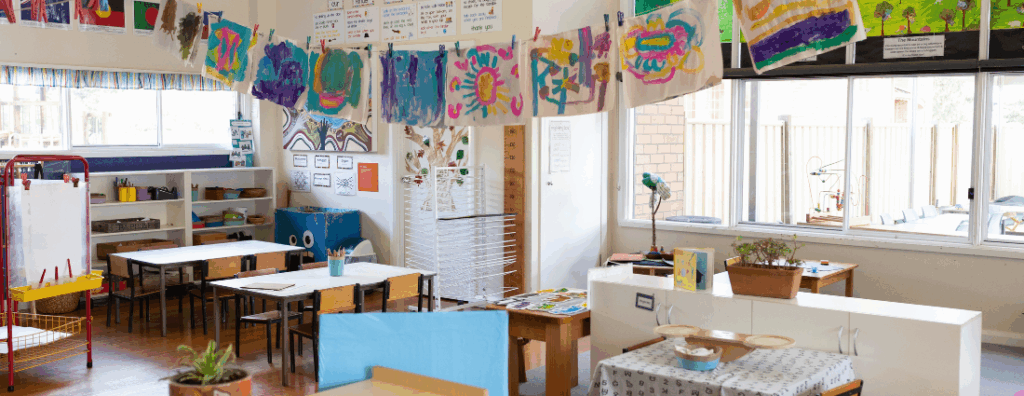The Essential Services Commission (ESC) commissioned Uniting Social Impact Consulting to undertake research for their handbook “Better practice in responding to family violence”. The handbook is a practical guide to help energy and water businesses assess and strengthen their response to family violence.
The research undertaken by Uniting aimed to understand the lived experience of consumers. The findings shaped the handbook and helped ensure the ESC understood the immediate and long-term impacts of family violence, barriers to disclosure and engagement by customers, and how businesses can respond appropriately.
Utilising Uniting’s Voice of the People Lived Experience framework, the research gathered insights from domestic and family violence (DFV) victim/survivors, financial counsellors, and a perpetrator behaviour expert, ensuring that the findings reflect real-world needs.
Research participants were recruited from Uniting’s DFV programs, ensuring diverse representation from victim/survivors at different stages of their journey – those escaping DFV and those rebuilding their lives.
A central theme in this report is the need for utilities providers to design service models that are sensitive to the trauma experienced by victim/survivors, and to ensure these models facilitate access to support services, reduce further trauma, and promote safety.
Research participants identified two distinct phases in the DFV experience – the crisis phase and the rebuild phase – each with unique needs. These phases should be considered by utility providers when designing the customer journey. The customer journey also addresses ongoing needs such as continuous support including follow-up care, and referrals to existing services including financial counsellors and community resources.
This report is structured around a customer journey framework that emerged from the lived experiences of the research participants, with each section in this report corresponding to each stage in the journey. A diagram is provided to illustrate the stages and highlight key elements of ideal business practice that was drawn from the perspective of the research participants, emphasising the importance of trauma-informed practice, safety, and access to the right supports.
Four key stages were identified in the customer journey that informs the Elements of Ideal Business Practice outlined in this report:
- Raise community awareness of DFV and available protections: Many victim/survivor sare unaware of their eligibility for additional protections. Raising awareness is critical to encourage disclosure and facilitate access to services.
- Engagement beyond traditional channels: Participants expressed frustration with the level of empathy through traditional support channels such as call centres. Alternative channels such as chat and online options are needed for disclosure and ongoing support.
- Enhanced service model to identify DFV: Utility providers must create a safe, supportive environment that encourages victim/survivors to disclose DFV and access necessary protections. A key aspect is training all staff to be empathetic, and trauma informed, with access to specialist DFV trained staff for ongoing support.
- Access to DFV package of supports: Participants identified the ‘ideal’ package of support for immediate safety and support, protection from further harm, and financial assistance.
The report also notes the importance of adopting a ‘Safety by Design’ approach, ensuring that any changes to policy and practice are rigorously tested by utilities providers in consultation with victim/survivors so that their safety and wellbeing is prioritised.
Find more information on the ESC’s Family violence resources for businesses page or read the full report here.






